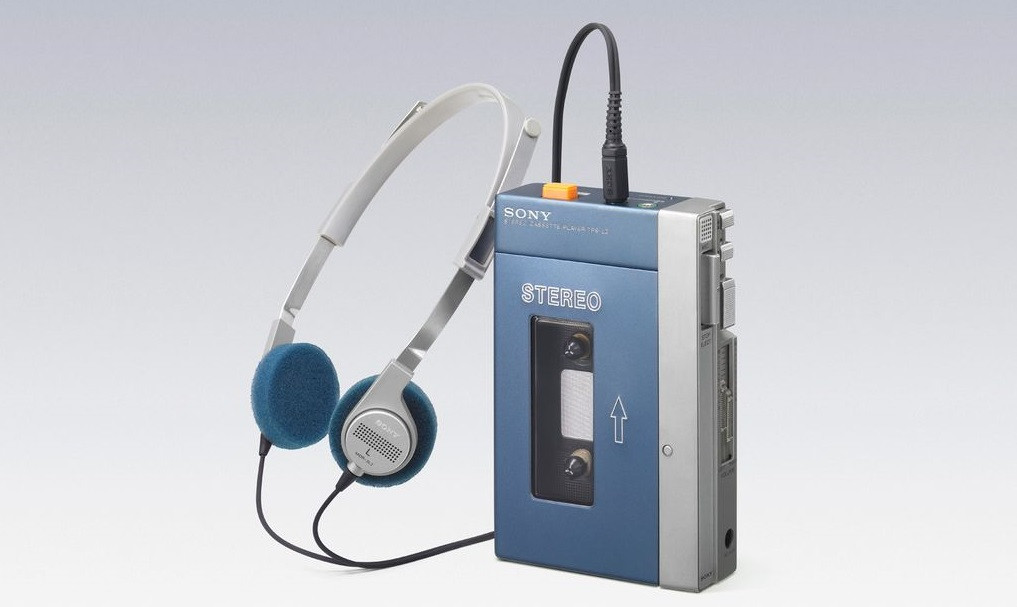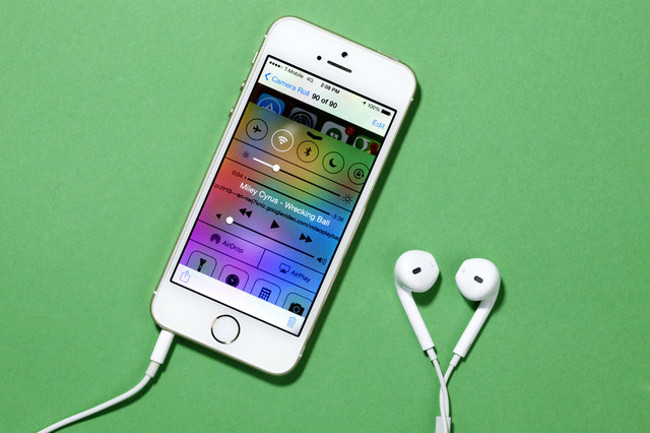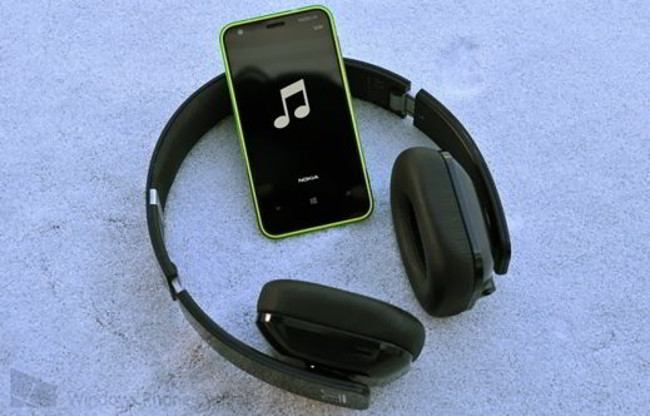Listening to bigger music will make your battery run faster?
July 1, 1979, Sony released the Sony Walkman device, opening up the concept of portable music players , forever changing the way we enjoy music.
Later, a series of portable music devices came out like portable CD players, iPods and MP3s, and finally mobile phones replaced all of these devices.
With the phone, we can listen to music anytime, anywhere. Accompanied by the convenience that is a small concern of users is the battery life. Does listening to bigger music make the batteries of these devices run faster?

The first Sony Walkman.
In fact, most people believe that listening to music with louder sound will consume more energy meaning that the battery will run out faster. Is this right? And why?
Check battery capacity experimentally
Fully charge your phone, pre-select a list of songs, and try listening to the list of songs at different volume levels for a fixed period of time, then you can check the battery capacity again. to see if your judgment is correct.

However, to verify this, it takes a lot of time. Because the function of listening to music on the phone, as well as small music devices like headphones, really consume very little energy. For example, a 3.5mm jack jack usually consumes only 0.06W of power, one-tenth of the iPhone 5's touch screen.
Check the music device battery using a mathematical formula
We can use mathematical formulas, physics, electronics, . to get faster test results.
Whether you hear a loud or small sound depends on many factors, such as your hearing ability, your distance from that sound, the frequency of the sound, etc. however, if you compare on volume between two sounds the same, you can rely on a single factor: sound intensity.
So what is the sound intensity?
Simply defined: is the energy transmitted by a sound wave in a unit of time, through an area unit perpendicular to the sound transmission. The unit of sound intensity is watts per square meter (symbol: W / m2). It is denoted by I. Sound intensity can be calculated by the following formula:

- I: sound intensity (unit is dB - decibel).
- P: the energy of sound per unit of time in the sound source (unit is W).
- A: the area of the area where the sound spreads (m2 or cm2), (possibly the area of the speaker diaphragm in the headset, the headphone or the area of your ear, for example).
For electronic devices, the P energy level of sound can be measured by the product of the current and voltage. With a constant area, to be able to have a higher volume, you will have to increase the energy level for the speaker, which means more energy consumption and more battery consumption.

From the above formula we can see between different types of headphones, with the same sound energy level, headphones with larger speaker membranes give lower sound intensity, synonymous with smaller volume. This also means that with headphones with larger speakers, it will take more energy to increase the volume for your headphones.
But, the energy consumed by listening to music on the phone is very low compared to listening to calls, taking pictures, watching movies, surfing the web, playing games . so you don't really have to worry about this.
You should read it
- ★ What is dB? Learn about Decibel units of level of sound intensity
- ★ Maximize the computer volume with Sound Booster
- ★ How to increase the sound of MP3 files on MP3 Volume Booster
- ★ Sony MDR-EX15AP review: Small headphones, sound quality, everyone can wear them
- ★ How to increase or decrease the volume on Android when the volume control button is broken